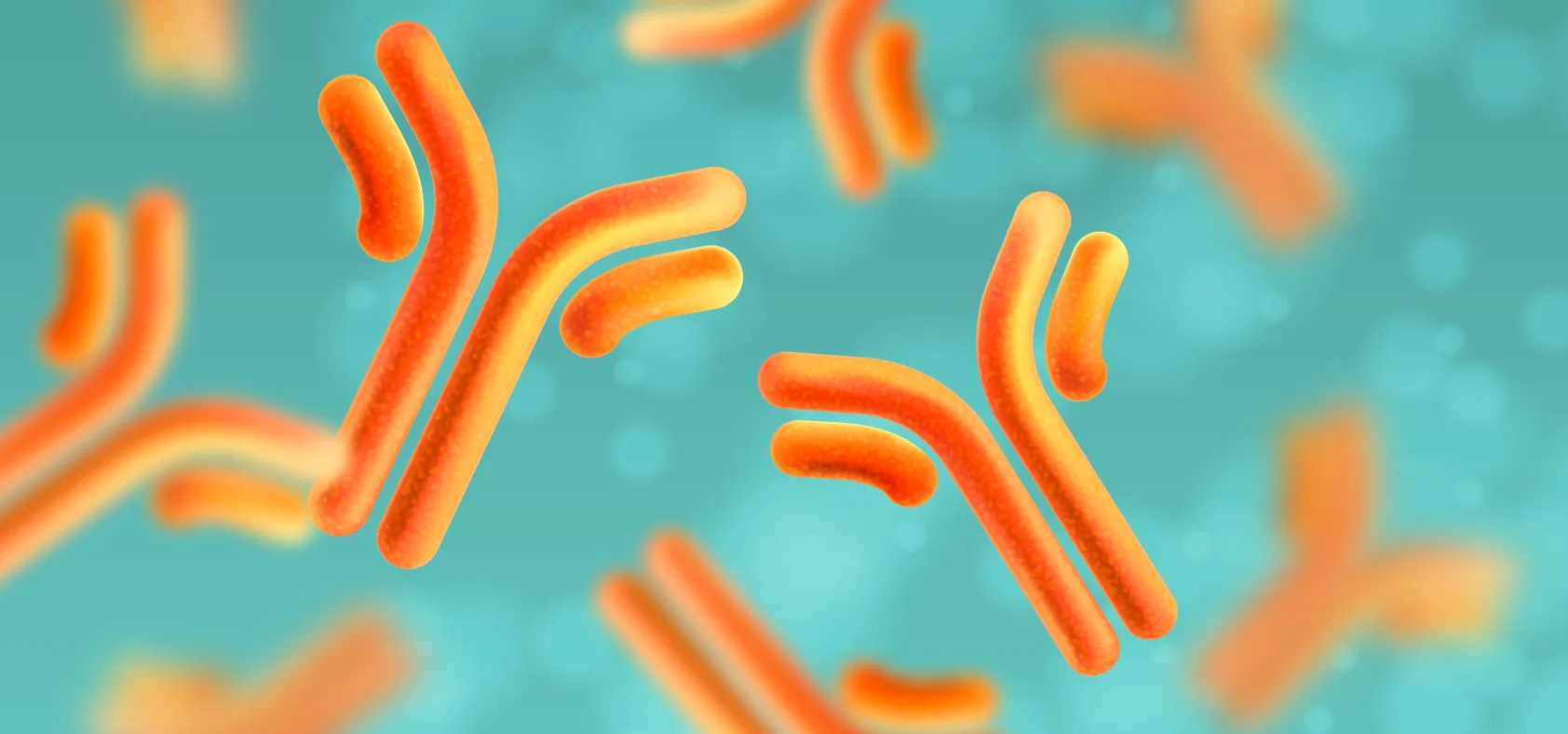Resista ®
Understanding the Immune System
The primary role of the immune system is to protect the body from harmful bacteria and viruses and to destroy any damaged or altered cells.

When bacteria or viral particles enter the body, the immune cells recognize them, activate, and work to eliminate them. Human immunity is divided into two types: innate and acquired. Even before birth, individuals develop innate immunity, a built-in defense system against pathogens. This includes protective barriers such as the skin and mucous membranes, certain immune cells, and substances (like enzymes, proteins, and cytokines) that neutralize or destroy harmful microorganisms.
Acquired immunity develops over a person’s lifetime as the immune system encounters pathogens like bacteria and viruses. Upon contact, the immune system learns to recognize and neutralize them by producing antibodies specific to each microorganism. This type of immunity is also known as specific immunity. While acquired immunity is highly effective against particular pathogens, innate immunity is critical for immediate defense, as it takes the immune system about seven days to produce a targeted response.

Immune cells are distributed throughout the body (in the bone marrow, thymus, spleen, tonsils, and lymph nodes), but the largest immune organ is the digestive tract, home to about 70% of the entire immune system. The intestinal lymphoid tissue works closely with beneficial gut bacteria, such as lactobacilli and bifidobacteria, to maintain the immune system’s readiness for a rapid response to intruders. When these good bacteria decline, so does immune strength. Although the immune system handles millions of pathogens daily, certain conditions can weaken it, allowing disease-causing agents to take over. In cases of chronic illness, aging, pregnancy, or stressful situations (like flu outbreaks), the immune system may need extra support.


Resista Kids® combines seven clinically proven ingredients designed to support and enhance the immune system’s natural defense mechanisms.
Ingredients
EpiCor®
EpiCor® is a proprietary complex of biologically active substances obtained through the fermentation of the yeast Saccharomyces cerevisiae. EpiCor® is an entirely natural ingredient that begins to take effect within two hours after the first intake.
Clinically proven studies demonstrate its positive effects on the immune system. EpiCor® primarily contains beta-glucans, as well as proteins, peptides, antioxidants, polyphenols, organic acids, nucleotides, and mannans.

Colostrum
Colostrum has been the subject of extensive research and has a clinically proven effect on the immune system due to the immunological properties of many of its components:
• Immunoglobulins (IgG1, IgG2, IgA, IgM): Antibodies with a broad spectrum of action and an important role in specific human immunity.
• Cytokines: Substances that enable communication between immune system cells. The addition of cytokines is believed to promote natural coordination among immune cells and enhance the strength of the immune response.
• Lactoperoxidase: An enzyme that contributes to innate immunity and plays a vital role in the oxidative processes that help the immune system perform its natural functions.
• Lactoferrin: A transport protein that is an essential component of the innate immune system. It captures iron ions, altering the nutrient environment to favor beneficial bacteria in the body, such as lactobacilli and bifidobacteria. Additionally, there is evidence that it directly supports immune cell functions.
• Lysozyme: An enzyme found in saliva, tears, human milk, and mucosal secretions. Lysozyme breaks down bacterial cell walls and is a critical component of innate immunity. It is secreted by certain immune cells (macrophages and leukocytes) and serves as a tool for the immune system to carry out its protective functions.


Vitamin D3
Vitamin D3 is a crucial vitamin for maintaining healthy bones, muscles, and teeth. Additionally, it plays a key role in immune defense. Adequate levels of Vitamin D3 help strengthen the immune system, particularly in the respiratory tract and lungs.
Known as the “sunshine vitamin”, Vitamin D3 is synthesized when the skin is exposed to direct sunlight. However, during the winter months, the body often becomes deficient in this vitamin, leading to weakened immunity. Current studies estimate that 70 to 80% of Europeans have Vitamin D deficiency, which can increase susceptibility to various illnesses.

Immunogenic Probiotics
The gut is the body’s largest immune organ, accounting for 70% of the entire immune system. It is home to a vast community of beneficial bacteria, known as the gut microbiota. This community plays a key role in regulating many metabolic and physiological functions and helps develop the immune system during early childhood.
Resista Kids® includes three probiotic strains: Lactobacillus acidophilus, Bifidobacterium lactis, and Bifidobacterium infantis – beneficial gut bacteria that interact with immune cells in the gastrointestinal tract. These strains complement the other ingredients in Resista Kids® by supporting normal immune function. Probiotic strains trigger a series of reactions that help balance the immune system, promoting an effective immune response.


Prebiotic
Fructooligosaccharides (FOS) are prebiotics, a type of sugar that serves as a nutrient for probiotics, such as lactobacilli and bifidobacteria. Consuming FOS leads to an increase in probiotics in the gut, enhancing their beneficial effects on the immune system.










